Marshall Premium Diet Ferret Food, 4 lb.
A respected team of veterinarians, nutritionists and ferret experts developed the Marshall Premium Ferret Diet. Its high protein content and ideal balance of essential amino acids make it the best ferret food for ferrets at all stages of life. Marshall’s patented low-heat process retains vital nutrients that other diets don’t, so freshness is guaranteed. Marshall Pet never stops seeking ways to better serve customers and their pets, and consumer input has helped them improve their premium ferret food formula. They’ve increased the amount of poultry to enhance ferrets’ growth and overall health while limiting concerns about odor. The increased amino acid profile in Marshall ferret food improves digestibility, and the new formula maintains the highest level of quality and freshness that Marshall Pet customers have come to expect.
A respected team of veterinarians, nutritionists and ferret experts developed the Marshall Premium Ferret Diet. Its high protein content and ideal balance of essential amino acids make it the best ferret food for ferrets at all stages of life. Marshall’s patented low-heat process retains vital nutrients that other diets don’t, so freshness is guaranteed. Marshall Pet never stops seeking ways to better serve customers and their pets, and consumer input has helped them improve their premium ferret food formula. They’ve increased the amount of poultry to enhance ferrets’ growth and overall health while limiting concerns about odor. The increased amino acid profile in Marshall ferret food improves digestibility, and the new formula maintains the highest level of quality and freshness that Marshall Pet customers have come to expect.
- 4 lb. bag of Marshall ferret food with a convenient resealable pouch
- Suitable for ferrets at all stages of life
- Provides complete nutrition in each serving of ferret food
- Used and recommended by the world’s largest ferret breeder
- Best ferret food should promote growth and overall health
- Increased amino acid profile improves digestibility
- High-quality, fresh formula
Additional information
| Packaged Height | 15 in. |
|---|---|
| Packaged Length | 3.5 in. |
| Packaged Weight | 4.1 lb. |
| Packaged Width | 10.25 in. |
| Package Size | 4 lb. |
| Manufacturer Part Number | FD-177 |

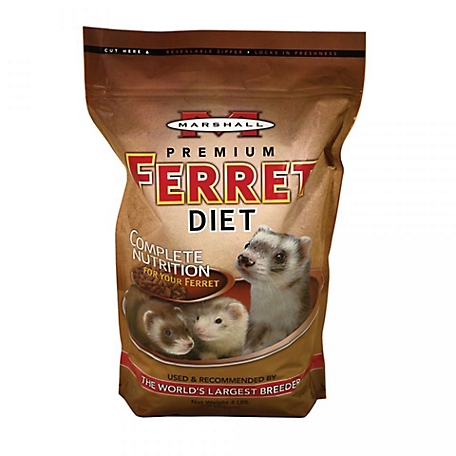

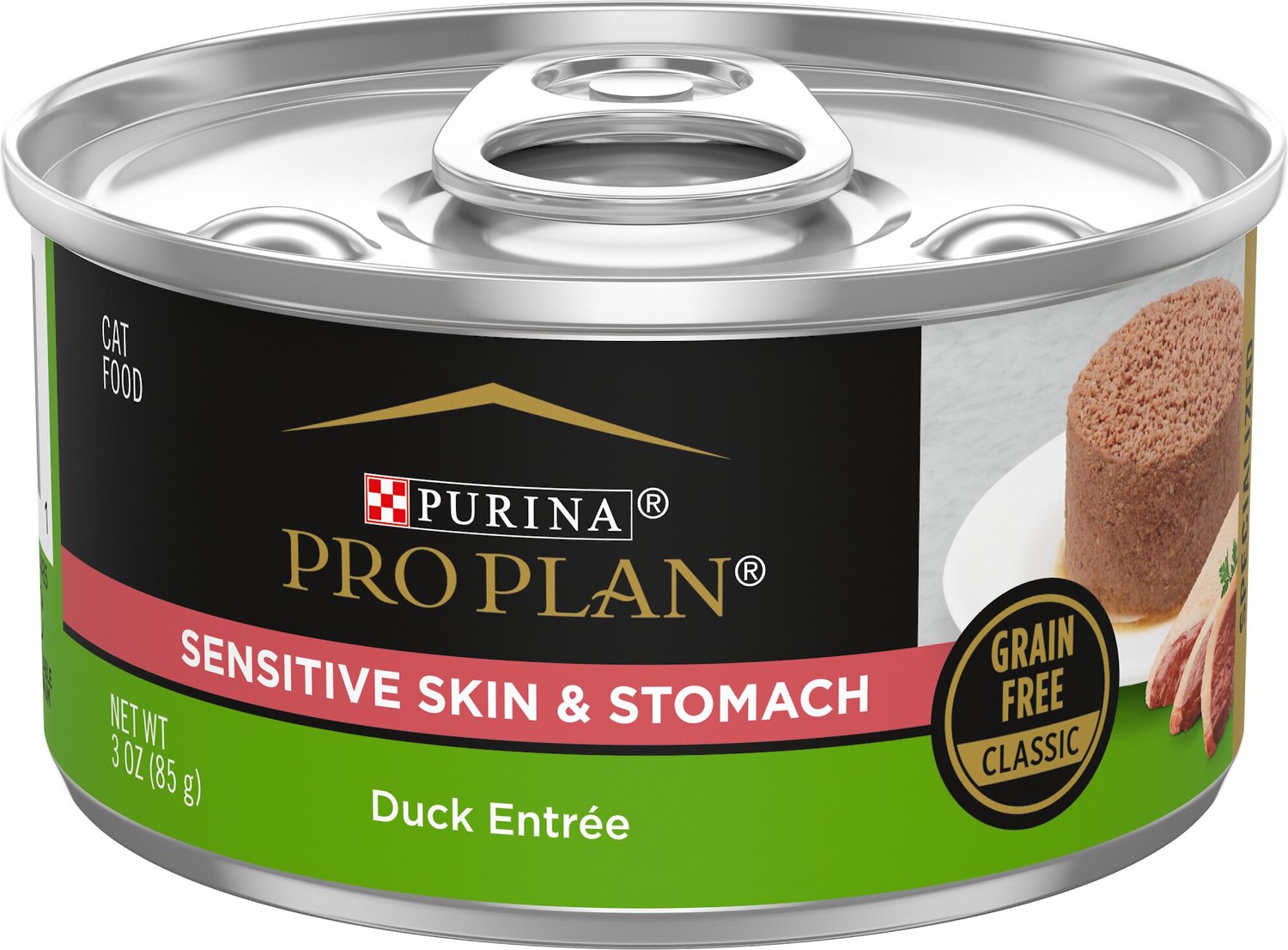
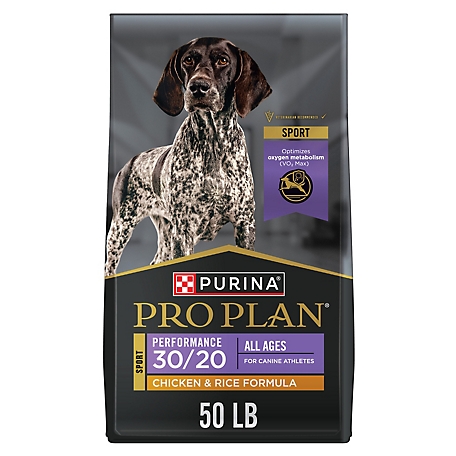
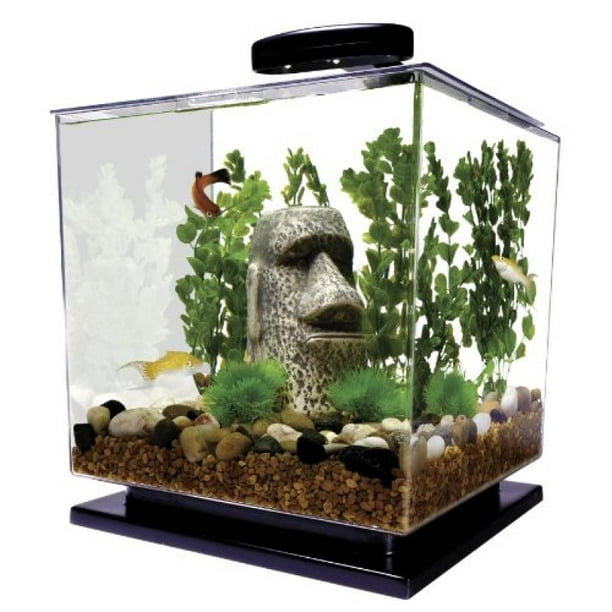

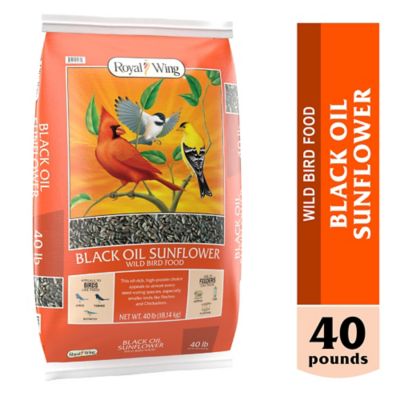
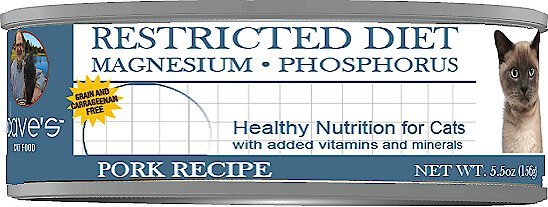


by Pumb
My baby loves it
by Walter
Ferret absolutely loves this food.
by John
It’s ferret food.
by Nick
Only food my ferret will eat